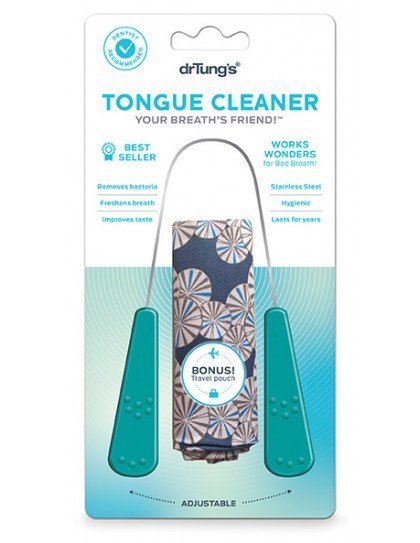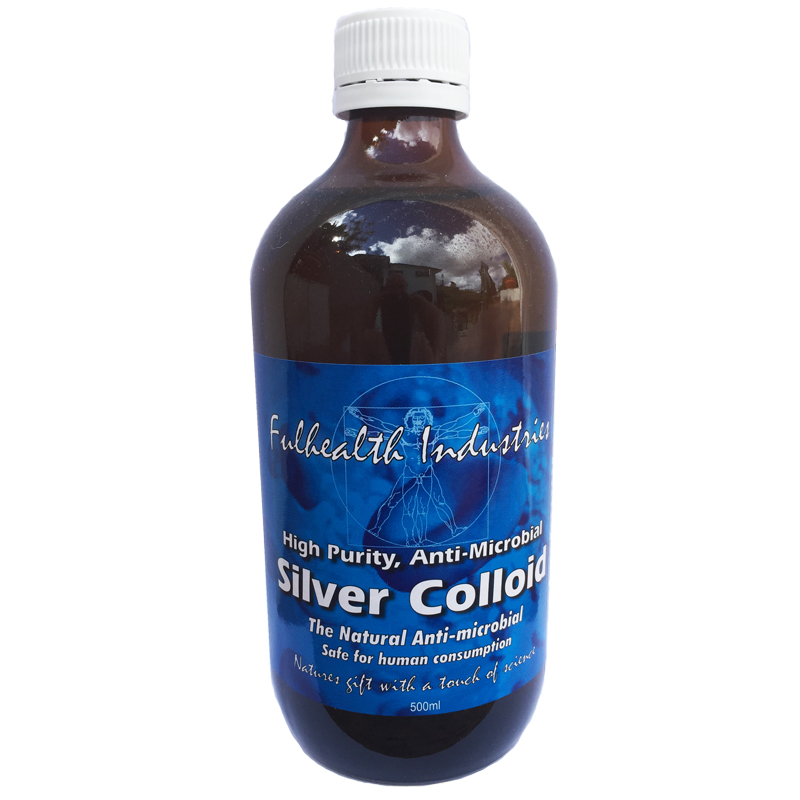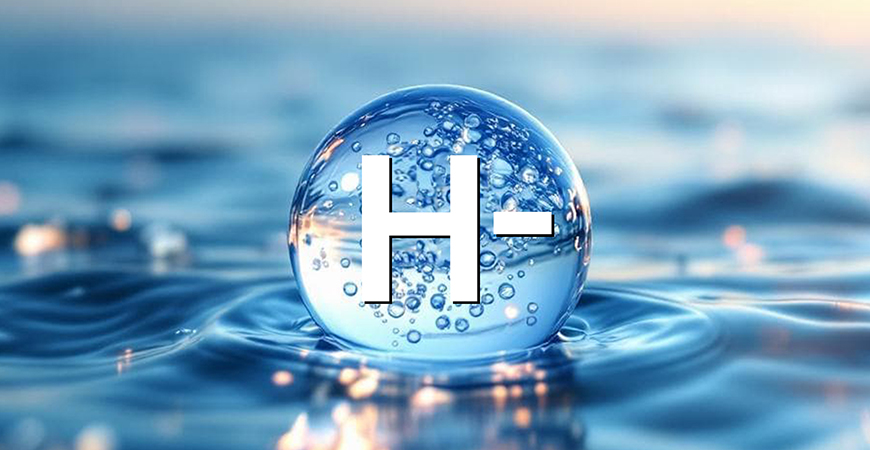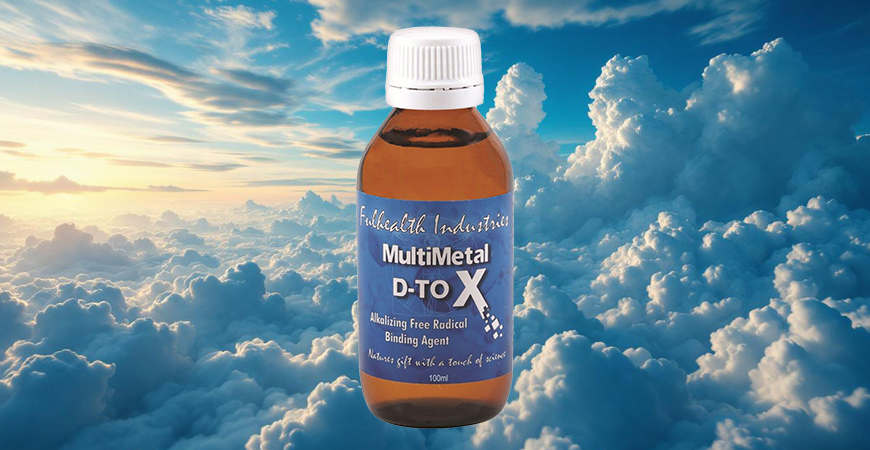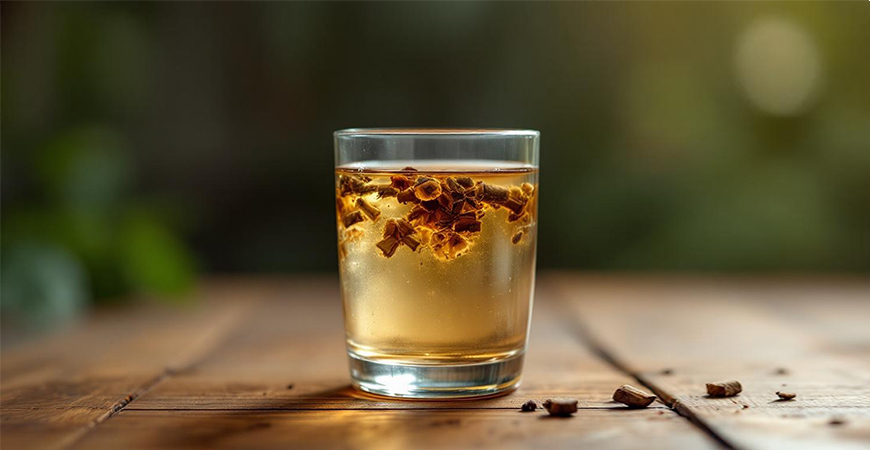Oral Hygiene & Cleaning Your Tongue
Can you think of a better way to start the day? Sticking your tongue out and cleaning it with a spoon, while you gag as though you’re about to vomit! YEP, SURE CAN!
So why do a vast majority of the most ancient healing doctrines from across the globe promote this daily practice, ritual, habit, ceremony, tradition, discipline; what ever you would like to call it as a pre-requisite to overall good health?
Because it’s good for your body and you.
Cleaning the tongue also has an overall effect on the health and vitality of the body; which makes the body feel good; which makes living in the body FEEL GOOD!!!
Here are a few reasons why!
Cleansing the tongue activates the salivary glands (aids digestion).
As your tongue in being scraped, it is also being stimulated triggering the production of mouth saliva (ptyalin).
Digestion is a four stage digestive process that starts in the mouth.
Cleansing the tongue increases your sense of taste.
The white film that can accrue on the top of the tongue means there are millions of bacteria living there.
The practice of scraping the tongue removes this white colour waste from the surface of the tongue thereby enhancing the sensitivity of the taste buds.
Cleansing the tongue decreases bad breath.
Bad breath is one of the greatest turn-offs when relating with your fellow human.
The main stream thought that bad breath or halitosis (as it is medically known) is a condition that is caused by an infection in the gut, simply is not correct.
Bad breath starts in the mouth by sulphur-producing bacteria’s that live at the back of the tongue, multiplying under plaque and mucous.
Will cleaning my tongue help my breathing?
Absolutely! Cleaning your tongue daily improves recovery from sinus infections as it helps remove harmful bacteria.
Think about it if your nose is blocked by mucous, breathing in and out through the nose is impossible – so you need to breathe in and out through your mouth.
This provides a fertile environment for bacteria’s to thrive.
The same goes for people who snore.
By regularly scraping the excess mucous off the tongue with a tongue cleaner, many a minor infection is removed.
If you’ve ever heard of reflexology (the science of reflex points situated around the soles of the feet), then knowing there are reflex points on the tongue will be of no surprise.
Sensitivity or discoloration of a particular area of the tongue may indicate that a disorder in the corresponding organ is already operational or soon to make itself felt.
One can gain great insight about the workings of the internal organs by the daily observation of the tongue.
For example:
- If the tongue is covered by a coating on the front one-third of the tongue (which relates to the lungs, heart, chest, and neck) it may indicate low lung energy that may show itself as a cold, bronchitis, asthma, shortness of breath, or respiratory allergy.
- If the tongue is covered by a coating in the central area of the tongue (which relates to the liver, spleen, stomach, and pancreas) this may indicate the body’s digestive process is laboured and you may not be absorbing all the nutritional benefits from the food and liquid you drink. As the law states, “It’s not what you eat, it’s what you absorb”. Small ulcers on the tongue in the stomach area may reflect gastritis or peptic ulcers.
- If the tongue is covered by a coating in the rear one-third area of the tongue (which relates to the lower abdominal organs – the kidney’s, the small and large intestine and the colon) this may indicate low colon energy resulting in a bloated abdominal region, flatulence, constipation and an overall “washed-out” feeling.
Also, the size, shape, contour, surface, margins, and colour of the tongue are characteristics one can observe.
- A pale tongue may indicate an anaemic condition or lack of blood in the body.
- A yellowish tongue may suggest that excess bile present in the gallbladder or a possible liver disorder.
- A blue tongue is normally an indication of problems with the heart.
When should I clean my tongue?
The best way to keep the tongue healthy is by cleaning (scraping) it daily.
The best time to do your tongue-cleansing is first thing in the morning and on an empty stomach.
It is the removing of the overnight build-up of bacteria and toxins on the tongue that enhances the health and vitality of the body.
What should I use to clean my tongue?
Rather than using a tooth-brush and brushing the tongue, which only pushes bacteria and toxins into the tongue (also a moist toothbrush may continue to hold and feed the bacteria), it is best to use a tongue scraper or spoon.
If using a spoon, it is best to use either a silver spoon or a plastic one.
The reason for using a silver spoon is disease organisms cannot live in the presence of even minute traces of silver.
A Colloidal Silver supplement is easy to ingest and has an anti-microbial, anti-viral and anti-bacterial effect thus minimises the growth of plaque in the mouth.
How do I clean my tongue?
- To clean your tongue, extend the tongue and place the spoon or scraper as far back on the tongue as comfortable.
- Using long single strokes gently pull the spoon or scraper forward so that it removes the unwanted coating on the tongue.
- Rinse the spoon or scraper with water and repeat the process until the tongue is clean.
- Give your mouth a final rinse and “whallah”, one clean tongue.
For those who wish to go the extra alkalinity mile, using a slightly salted (rock salt or raw sea salt) water to flush and rinse mouth out the after cleaning your tonge has a truly beneficial effect upon the self.
One word of advice… In the beginning practice patience and gentleness.
That is, when you first start your tongue cleansing practice, the surface of your tongue will be sensitive to touch.
Just like the skin on your hands toughens up with work, so too will the tongue require the same consideration.
Gentle strokes for healthy folks!!!
Tongue reflexology
Tongue reflexology is the idea that areas of the tongue connect to different organs and body systems.
Practitioners look at tongue colour, shape, and coating, then use gentle pressure, scraping, or massage on specific zones to support balance.
People use it to aid digestion, reduce stress, and improve overall energy.
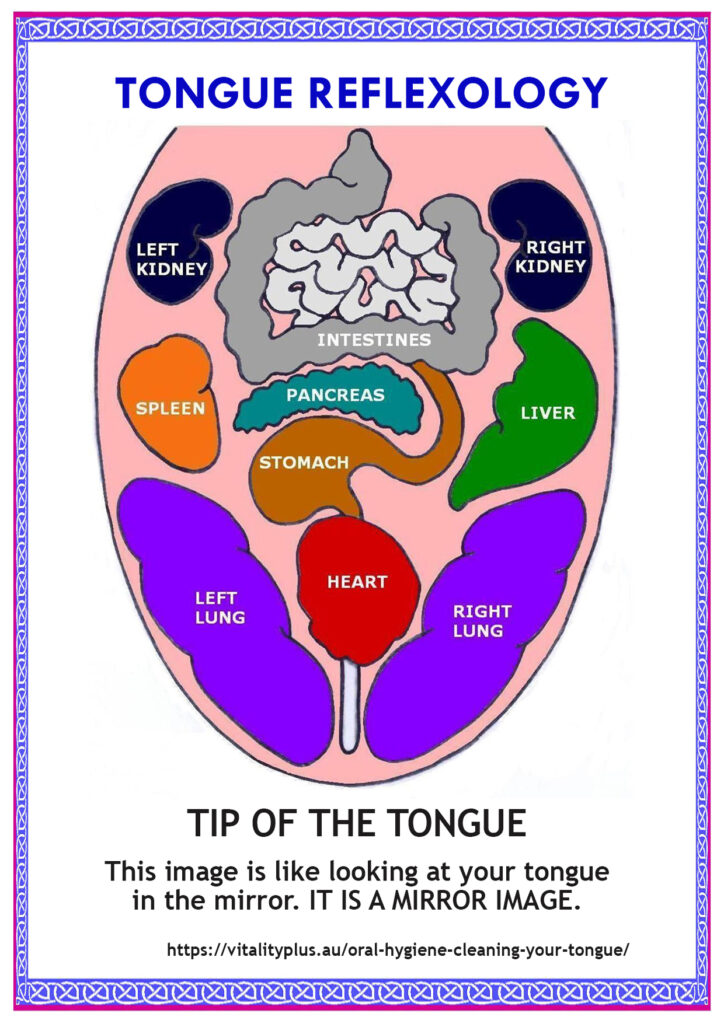
While many find it relaxing, scientific evidence is limited.
If you try it, pair it with healthy habits.
Always hydrate first thing upon waking (hopefully with some electrolytes), and check with a professional if you have ongoing mouth or health issues.
Related information
Download Tongue Reflexology Chart as a PDF
Related products
